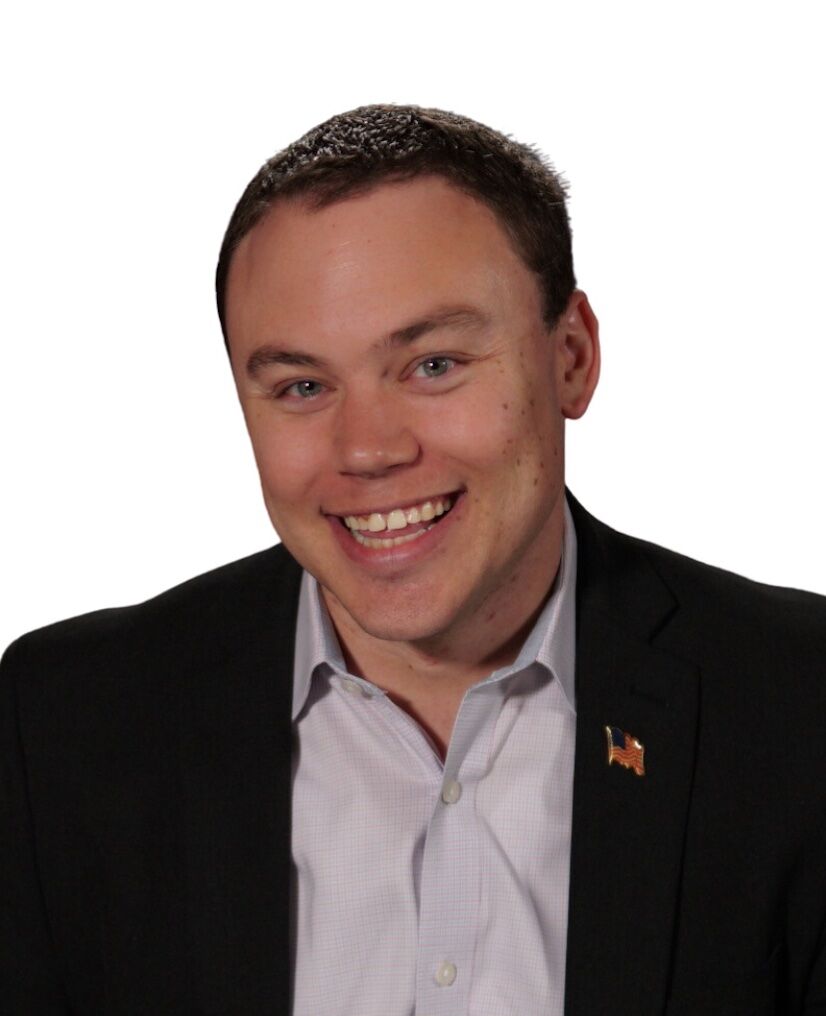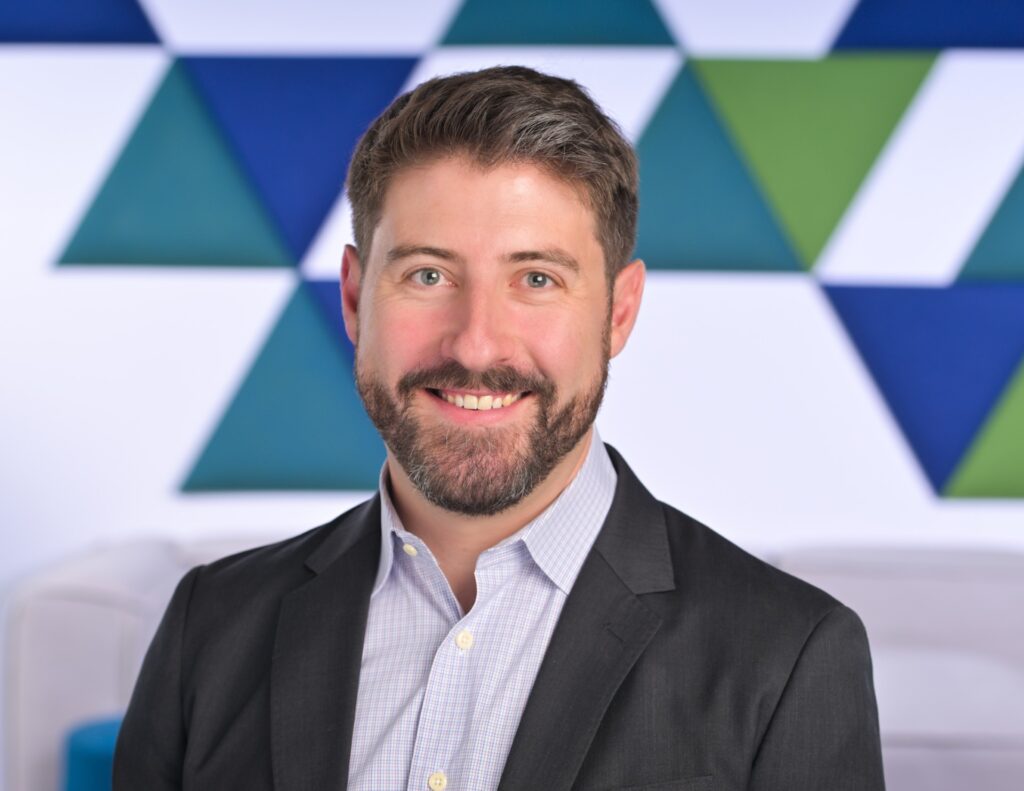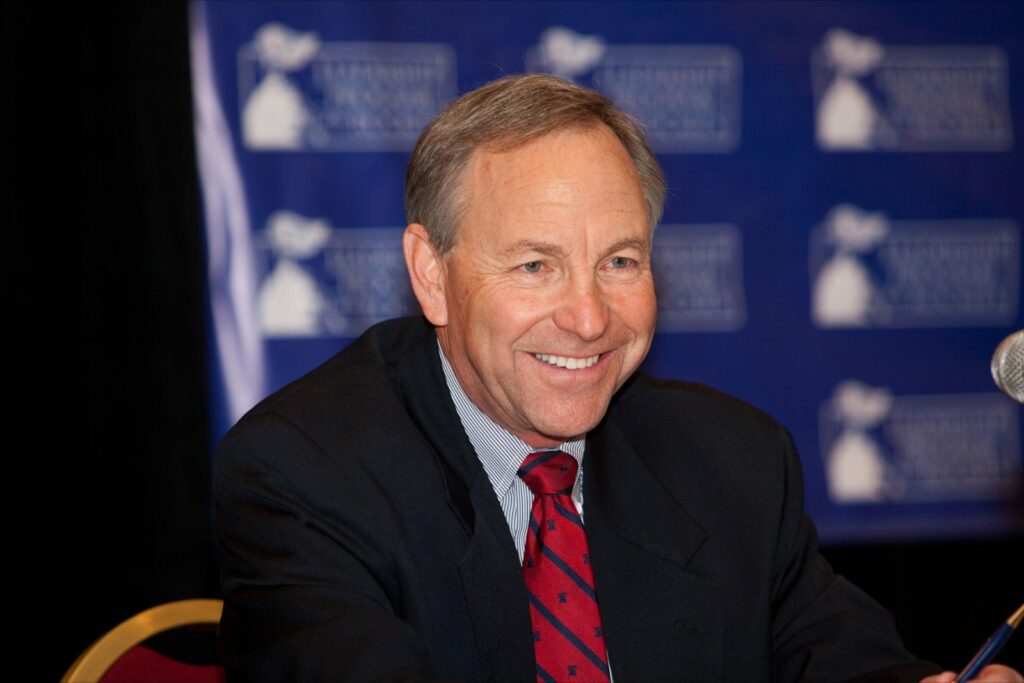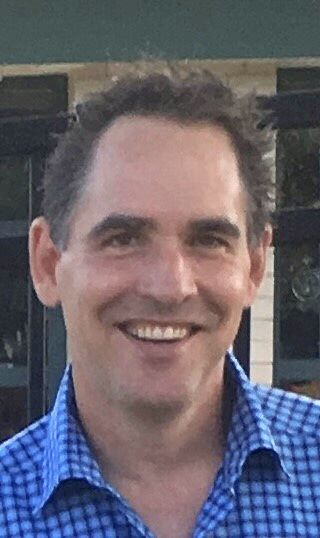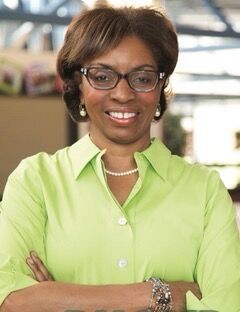Aurora’s future runs through its community college | Michael Hancock
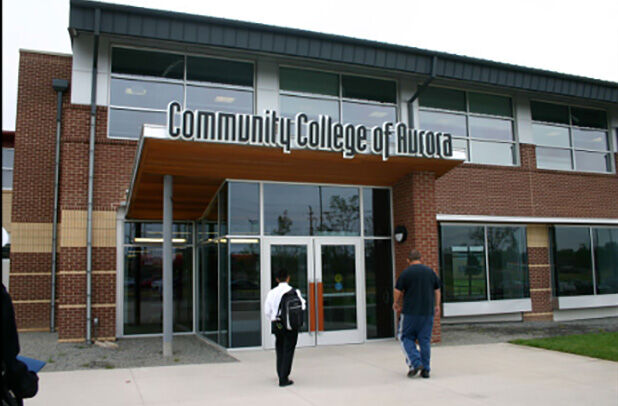
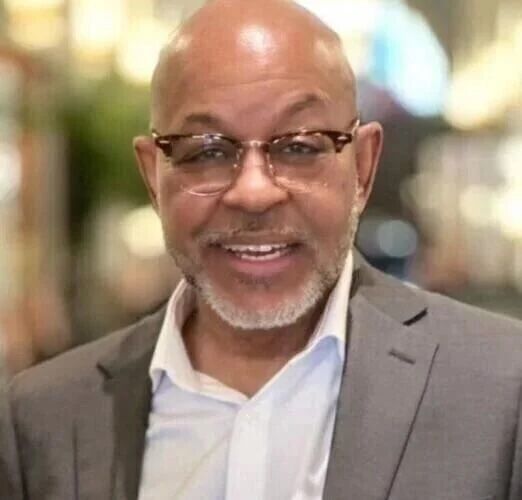
Aurora is a city on the rise — diverse, fast-growing, and increasingly attractive to global companies scouting for talent. But beneath the headlines about new corporations and development deals lies a quieter engine of the city’s future: the Community College of Aurora.
In a state ranked near the bottom for higher-ed funding, CCA has managed to punch far above its weight, building programs in weeks instead of years, lifting incomes by tens of thousands of dollars, and serving the most diverse census tract in Colorado. Its mission isn’t abstract. It is the difference between whether Aurora’s own residents land the high-paying jobs arriving here — or watch them go to outsiders.
College President Mordecai Brownlee speaks often of “bridges to rigor.” At CCA, diversity is not just a statistic, but a living reality: over 60 countries are represented in the student body. Some come from struggling feeder schools in Aurora and Cherry Creek; others arrive from abroad with brilliant minds but cultural and linguistic gaps. The college doesn’t lower standards to accommodate those challenges. Instead, it builds pathways — extra instruction, tutoring, and cultural context — that allow students to meet the same bar of excellence. At a time when many institutions compromise rigor in the name of access, CCA insists on maintaining both.
Community colleges often live in the shadow of four-year universities. However, in one area, they hold a clear advantage: speed. As Brownlee puts it, “You can’t beat us on speed.” CCA can stand up a workforce program in five weeks and have a student earning $20,000 more in under 10. That agility matters in Aurora, where new industries — such as advanced manufacturing, behavioral health, and corporate management — need talent yesterday, not after a committee spends five years designing a major initiative.
And then there is cost. CCA is now in the final stages of seeking to offer bachelor’s degrees in fields such as behavioral health and elementary education, but at a fraction of the cost of university tuition. Combined with micro-credentials and apprenticeships, the college is redefining what it means to provide “access” to higher education: access that is affordable, practical, and directly connected to opportunity.
Aurora’s future economy won’t be sustained on good intentions; it will rest on talent pipelines. CCA has become a hub where corporations and educators meet to co-design programs that meet real market demand. Philip Morris International recently held a town hall on campus. UCHealth partners with CCA to shape micro-credentials in behavioral health. Oakwood Homes and Build Strong Academy rely on CCA for construction management training. And unions such as the pipefitters find a ready partner in preparing apprentices for skilled trades.
Brownlee’s leadership extends beyond the campus. As a board member of the Aurora Economic Development Council, he co-authors workforce reports that guide the city’s attraction and retention of employers. The college is not simply reacting to Aurora’s growth; it is strategically shaping it.
The headlines around artificial intelligence often focus on what it will destroy. CCA is showing what it can build. AI-driven chatbots support students 24/7. Faculty have developed an in-house math tutor that guides problem-solving without revealing answers. AI is integrated into advising systems, helping predict where students may stumble before they do.
At the same time, CCA is lowering costs by cutting out the traditional textbook industry. Faculty are incentivized to write their own open educational resources — materials often provided free to students. It is an old-fashioned act of stewardship, married to new technology.
All of this is happening despite the state. Colorado ranks 48th in the nation for higher education funding. Its K-12 system fares little better. The so-called “Colorado Paradox” is that, while the state boasts one of the highest levels of educational attainment, it is largely due to talent moving here from elsewhere. Too often, the children raised here are left behind, unprepared for the very jobs in their own backyard.
CCA is working to reverse that. Its programs, partnerships, and moral compass are designed to ensure that Aurora’s own residents — not just transplants — move into the higher-paying jobs that are reshaping the local economy.
The obstacles are real, but not insurmountable. State funding formulas pit higher education against Medicaid and K-12 for the same pool of dollars. Demographic shifts are pushing families out of central Aurora toward Commerce City and Bennett, threatening enrollment stability. Larger universities, facing their own enrollment declines, may begin recruiting aggressively from populations traditionally served by community colleges. Brownlee warns against “scope creep,” where universities admit students they cannot truly serve simply to keep the lights on.
Yet CCA’s record inspires confidence. Over the past four years, it has added $20 million to its reserves, providing a cushion to weather the downturns that loom on Colorado’s horizon. Its nimble size has become a strength, allowing it to “punch above its weight,” in Brownlee’s words.
The story of CCA is, in many ways, the story of Aurora itself. The college began not with state funding but with community sacrifice — developers, realtors, and people of faith who built the first classrooms and leased them back to the state. It was never meant to exist. It exists because people willed it into being.
That spirit endures. From a handful of admissions counselors working with rotary phones to over 10,000 students today, CCA has proven that the improbable can become the indispensable. As Aurora positions itself to compete not only with Denver but with peer cities across the nation, its future will not be decided in corporate boardrooms or legislative chambers alone. It will be decided in classrooms where rigor is expected, skills are sharpened, and opportunities are made real.
If Aurora thrives in the next 20 years, it will be because the Community College of Aurora prepared its people — not just for jobs, but for leadership, citizenship, and a shared future.
Michael A. Hancock is a retired high-tech business executive and a Coloradan since 1973. Originally from Texas, he is a musician, composer, software engineer and U.S. Air Force veteran whose wide-ranging interests — from science and religion to politics, the arts and philosophy — shape his perspective on culture, innovation and what it means to be a Coloradan.







